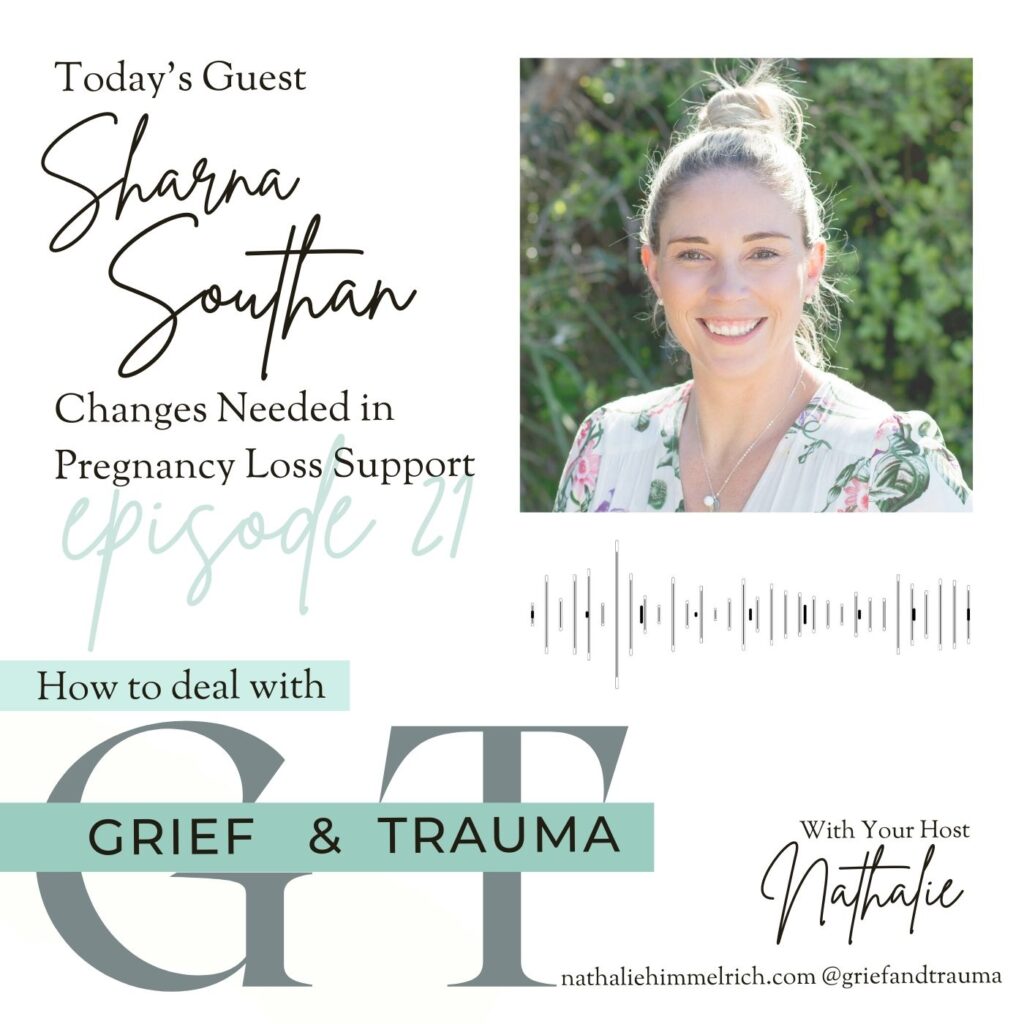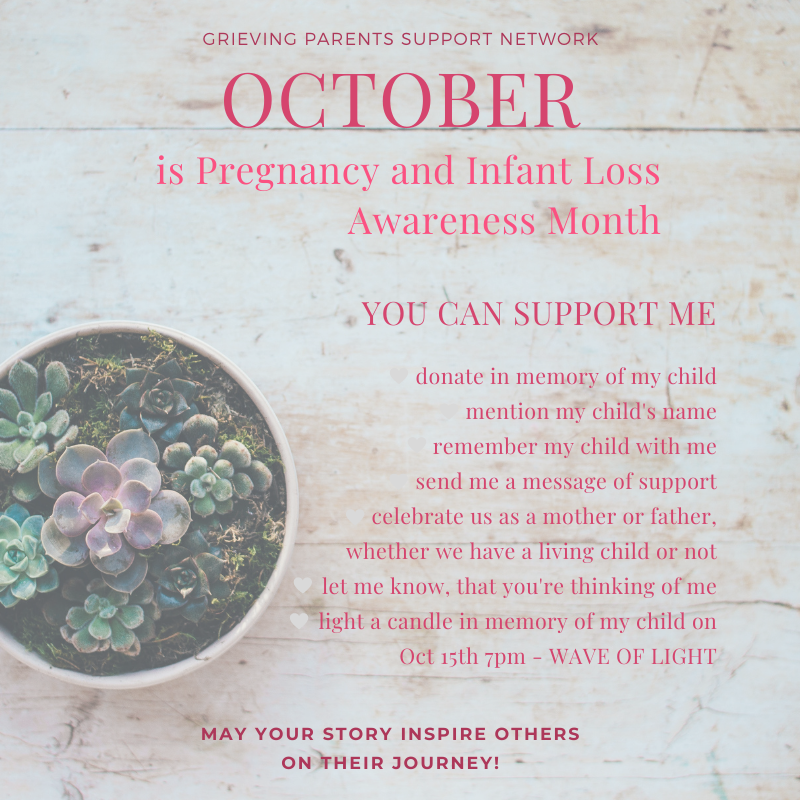
Today on the podcast I’m speaking with Sharna who I’ve come to appreciate as a force for change in regard to the support offered to women in dealing with their pregnancy loss, a passion we have in common.
Talking about her missed miscarriage Sharna shares:
…never experienced contractions before so I didn’t know that’s what I was experiencing until I got to the hospital until they told me then what was going on. They also told me that one in four pregnancies ends in loss and I was like: “Well, then why do I feel like I’m the only one? Why is there not enough information? Why does no one talk about this?” I felt like I was living under a rock, like where have I been my whole life to not know about this?
Sharna Southan
About this week’s guest
Sharna Southan is an ICF-certified coach, a mum to her rainbow baby, a business owner and a wife. She followed her heart and soul into business after her own pregnancy loss in 2017. Sharna firmly believes that our adversity gives us an opportunity to grow.
She founded The Institute of Healing through Pregnancy Loss supporting loss parents with her transformative Pregnancy Loss recovery method and teaching her signature Pregnancy Loss Practitioner™️ Certification Program.
Check out Sharna’s Instagram here.
Topics discussed in this episode
- Dealing with the loss of her father at the age of nineteen, led to depression, anxiety, panic attacks
- Missed miscarriage and the trauma of miscarrying
- Feeling isolated in not knowing that 1 in 4 pregnancies ends in loss
- Lack of information and support on what miscarriage means emotionally, and physically and what it may require in care
- Finding help through professional support
Resources mentioned in this episode
Links
–> For more information, please visit Nathalie’s website.
–> Subscribe to the newsletter to receive updates on future episodes here.
–> Join the podcast’s Instagram page.
Thanks for listening to HOW TO DEAL WITH GRIEF AND TRAUMA. If you’d like to be updated on future episodes, please subscribe to my newsletter on Nathalie Himmelrich.com
If you need grief support, please contact me for a FREE 30 min discovery session.
HOW TO DEAL WITH GRIEF AND TRAUMA is produced and edited by me, Nathalie Himmelrich.
Support this Podcast
To support this podcast, please rate, review, subscribe to, or follow the podcast on Apple, Spotify, or wherever you get your podcasts. Thank you.
Remember to keep breathing, I promise, it will get easier.





